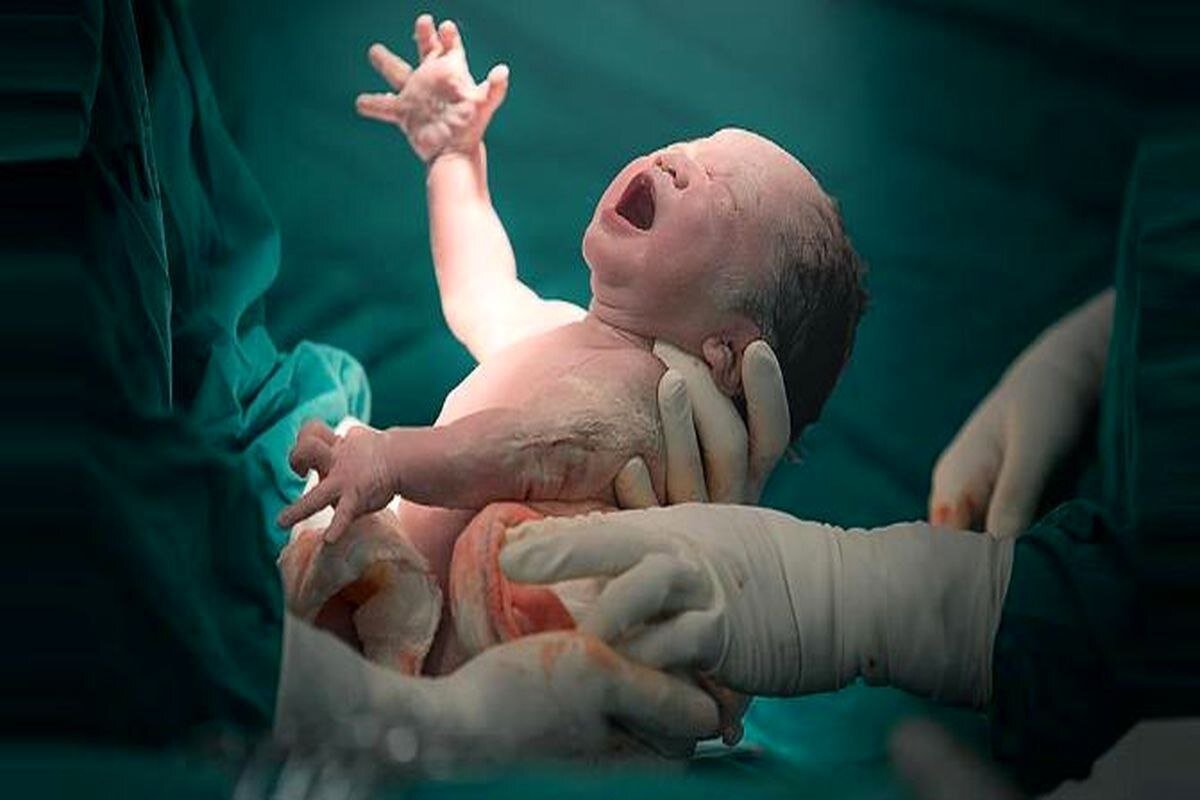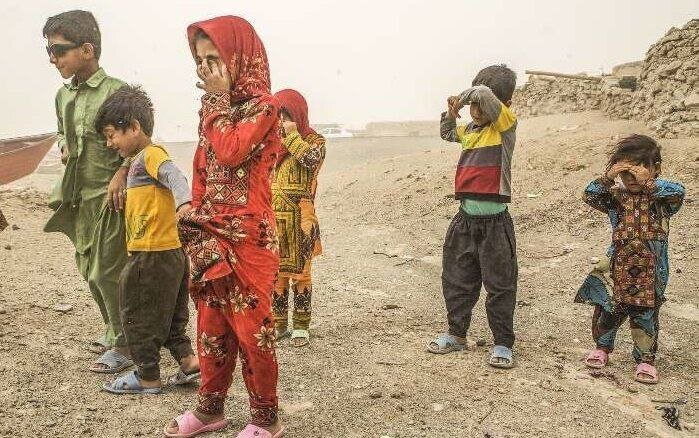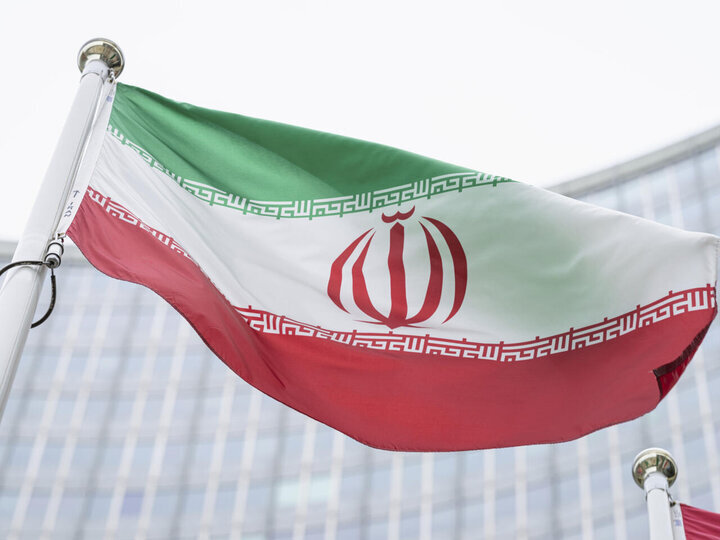UNFPA Applauds Iran’s Remarkable Progress in Slashing Maternal Mortality Rates
The United Nations Population Fund (UNFPA) has praised Iran’s health system for its significant achievement in reducing the maternal mortality rate ratio by an impressive 63 percent. This reduction has seen the rate drop from 43 deaths per 1,000 live births in 2000 to just 16 deaths in 2023. This remarkable progress can largely be attributed to Iran’s robust primary health care network, which integrates essential prenatal and postnatal care services.
Ayna Seyitliyeva, the UNFPA representative in Iran, made these remarks on Tuesday, coinciding with the celebration of the International Day of the Midwife, observed annually on May 5.
The Role of Midwives in Maternal Health
Midwives are crucial in ensuring that women have access to quality health services, which is recognized as a fundamental human right. They play a significant role in promoting the health and well-being of mothers and newborns, leading to a substantial decrease in deaths from preventable causes during pregnancy and after childbirth. Seyitliyeva stated:
“Despite progress made, the situation remains critical in some regions due to inequalities where women are twice or even more in danger of losing their lives because of complications from pregnancy and childbirth. The same thing applies to Iran, as the highest mortality rate is observed in less developed regions in provinces like Sistan-Baluchestan.”
Challenges in Maternal Health Care
Highlighting the urgent need for improved maternal health services, Seyitliyeva pointed out that inadequate care is responsible for nearly half of maternal deaths. She assured that the UNFPA will continue to support Iran in implementing policies focused on:
- Improving maternal health
- Enhancing obstetric services
- Reducing maternal mortality rates
The Global Context of Midwifery
As the world faces an array of complex crises, including natural disasters, conflicts, and the ongoing impacts of climate change, women and girls are disproportionately affected. These challenges expose them to heightened risks such as pregnancy complications and gender-based violence, while simultaneously limiting their access to essential health services.
Midwives are capable of providing up to 90 percent of sexual, reproductive, maternal, newborn, and adolescent health (SRMNAH) services, even amidst humanitarian crises. They operate effectively with minimal resources, ensuring safe births and delivering crucial antenatal and postnatal care in challenging situations. Their services include:
- Childbearing support
- Reproductive health services
- Comprehensive prenatal care
- Support for survivors of gender-based violence
In addition, midwives play a pivotal role in supporting breastfeeding mothers, ensuring that infants receive safe and nutritious food, and educating communities on health and safety during crises.
The Need for Valuing Midwives
Despite the essential contributions of midwives to health systems, they are often undervalued and overlooked in crisis preparedness and response initiatives. The International Day of the Midwife serves as an annual celebration of their indispensable role in ensuring safe childbirth and maternal care.
This day also underscores the importance of midwifery in fostering healthy pregnancies, empowering women to make informed decisions about their health care, and guaranteeing that all women can access skilled birth attendants.
Celebrating Midwives: A Critical Force in Crises
This year’s theme, “Midwives: Critical in Every Crisis,” highlights the challenging reality faced by midwives who work in fragile health systems, conflict zones, and areas affected by natural disasters and pandemics. Often, they are the sole providers of sexual and reproductive health services in their communities.
In conclusion, the contributions of midwives to maternal health cannot be overstated. Their presence is vital not only for reducing mortality rates but also for ensuring that women have the support and resources they need during some of the most vulnerable times in their lives. As we observe the International Day of the Midwife, it is crucial to recognize and advocate for their roles in health systems worldwide.






